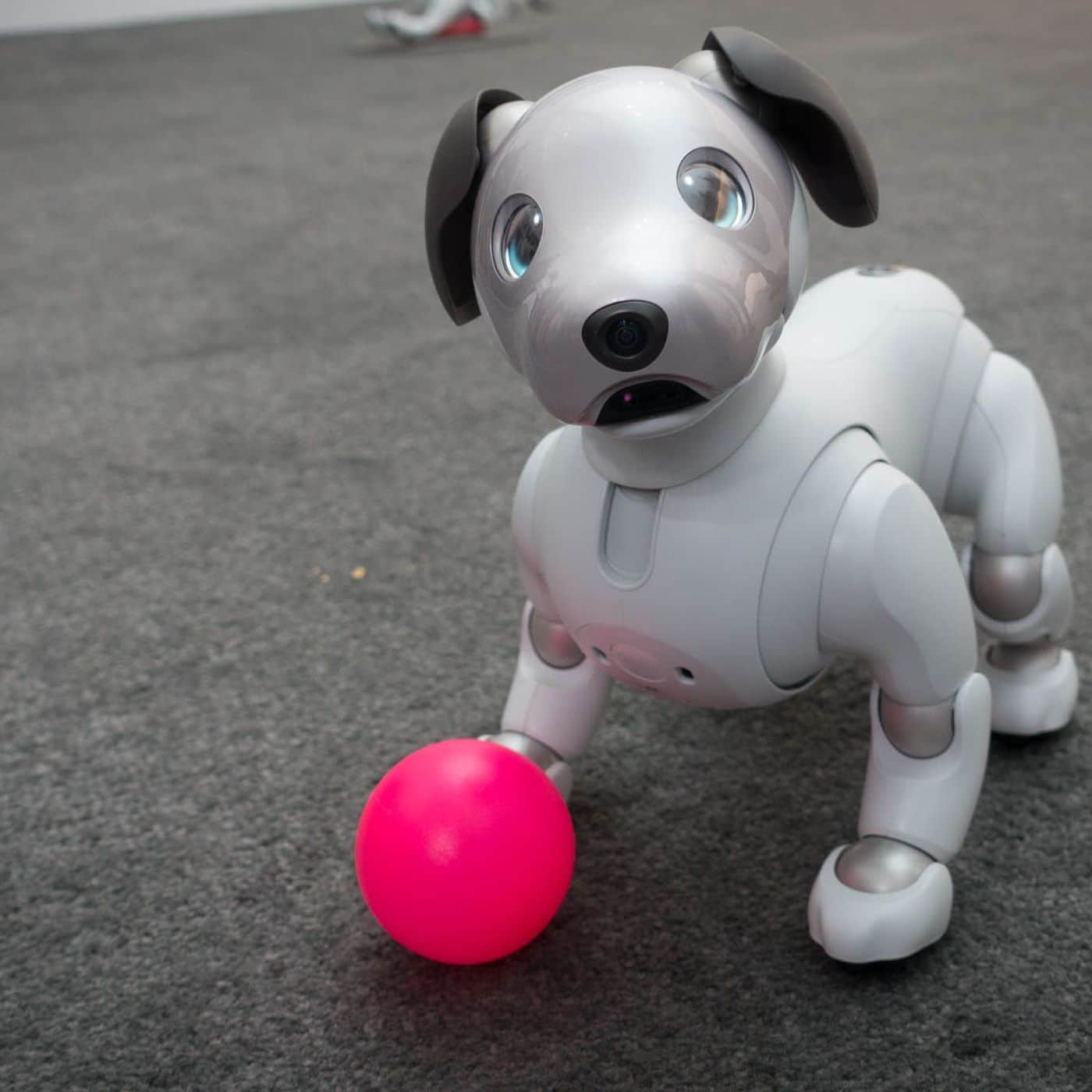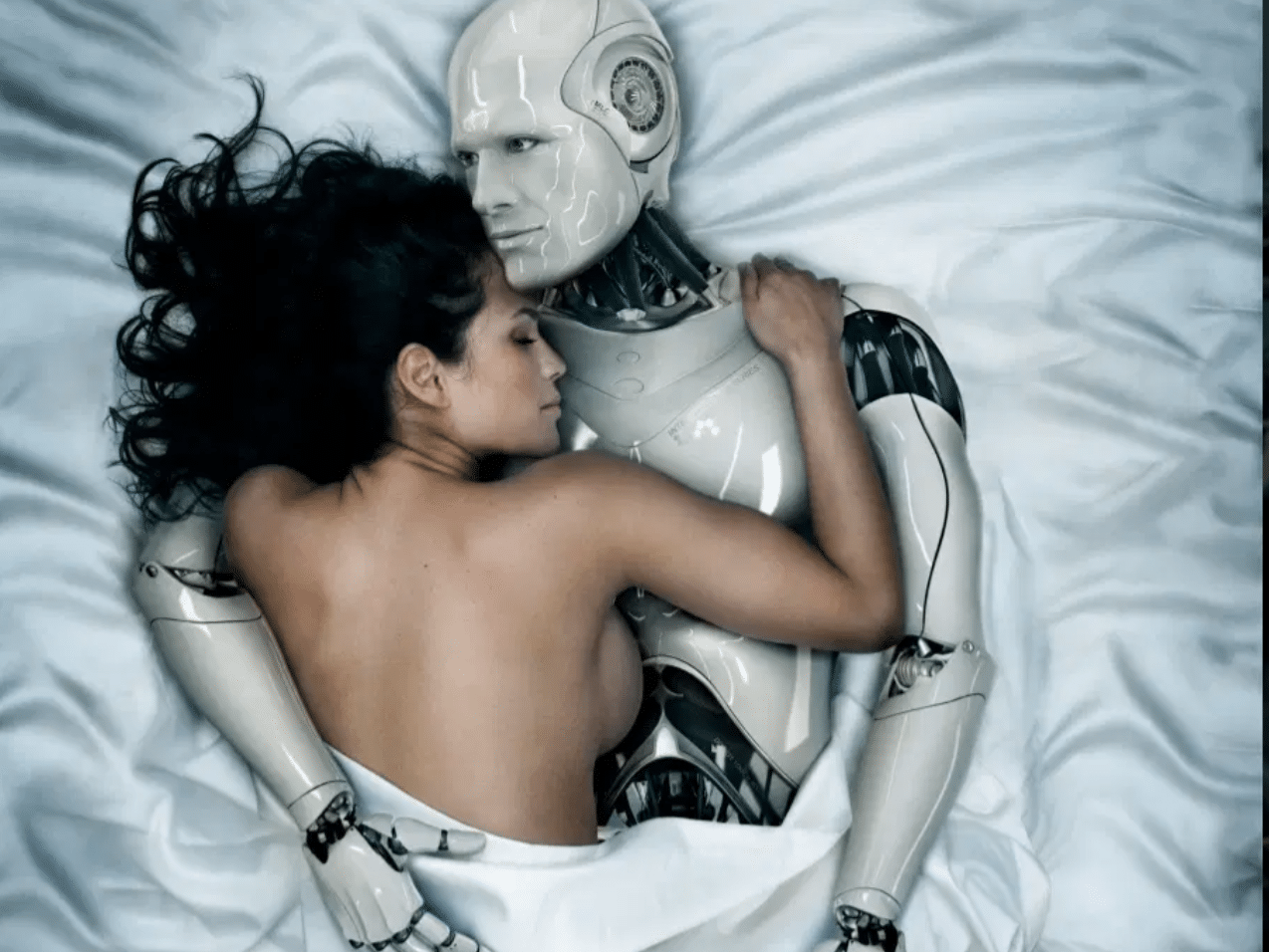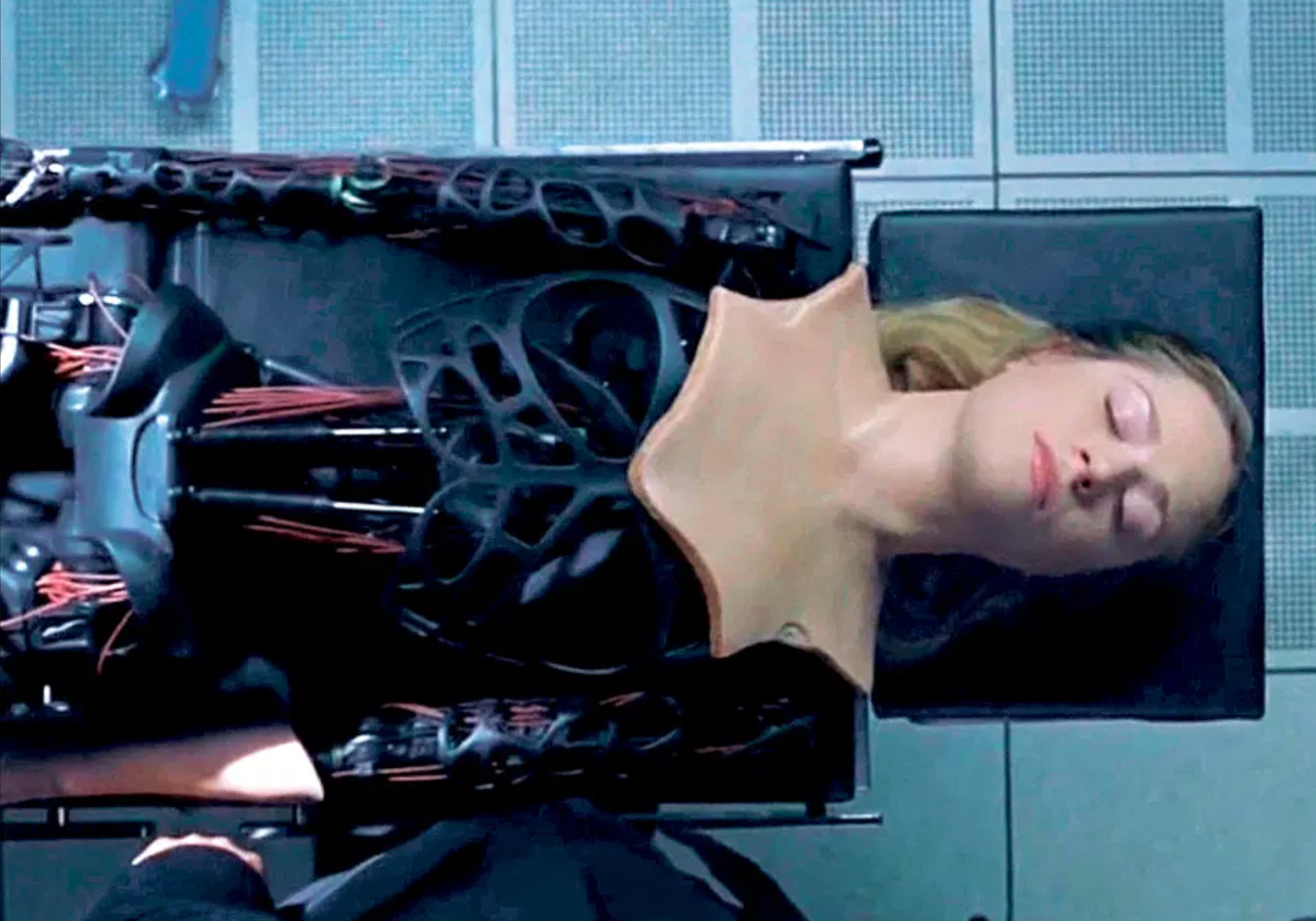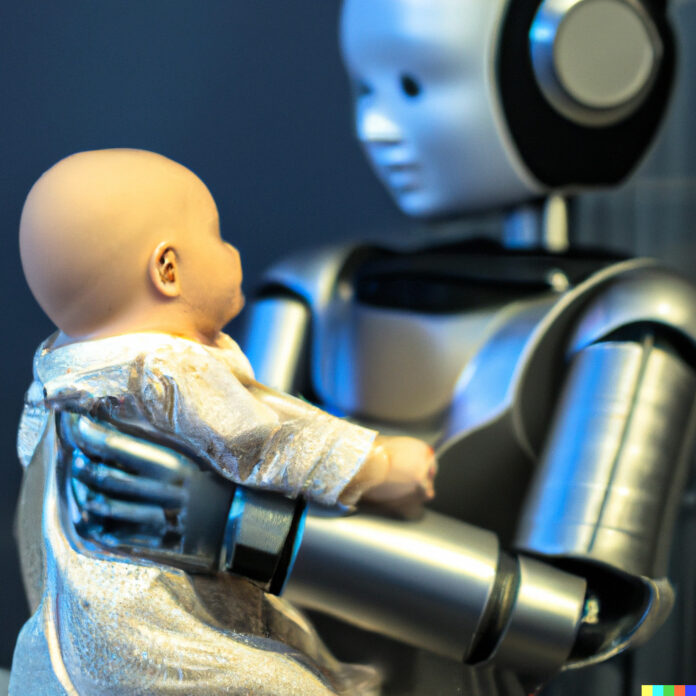My first interaction with a robot “friend” was something called an ElliQ which I saw demonstrated at HIIS a few years ago. It seemed primitive but was fascinating. Then last year, I saw the Sony robotic dog demonstrated at The Global Wellness Summit. The 6th generation $3,000 Aibo is billed as an autonomous companion robot and, although it was still mostly lacking actual canine attributes, it was rather astonishing in that each Aibo will develop a unique personality over time. The Aibo has cameras, touch and sound sensors, and will more or less behave as a semi-well-trained actual dog.

Tech for Companionship
There was a Japanese toy called a Tamagotchi in the late ’90s that was a kind of digital pet. I recall that one could build a surprisingly nurturing relationship with the thing, which was really just a very primitive toy. That experience, taken in the context of the epidemic of loneliness currently besetting the planet and then extrapolating people’s relationships with appliances such as Alexa to something that has physically utility and especially some emotional feedback, makes the robot friend seem like a useful and perhaps even pleasant friend.
There is data suggesting that the supply of home care nurses, and nurses in general, will run short sometime in 2022. Then what do we do? If there was a machine that could fulfill at least some of that function, would that be helpful? If the robot could sense one’s mood, could know when we are in need of help, that would seem to be a very good thing. Imagine if one is living alone, perhaps with a physical or mental handicap, how nice an emotionally sensitive robot could be? Could we go as far as to say the robot could be nurturing, or is this too far for our human-centric sensibilities? If we have emotional support animals, could we also have an emotional support robot?

Are Sex Robots Weird? Yup.
This paper calls out the opportunity and the ethical rationale to develop robots for socially isolated and disabled people age 65 and over — a population increasingly alone due to COVID-19. Many people in these circumstances would welcome a robot’s companionship and, yes, even its ability to provide sexual fulfillment, writes the author, Nancy Jecker, a professor of bioethics and humanities at the University of Washington School of Medicine in Seattle.
Once we cross into the arena of sex robots, though, it gets a bit weird. But why? The military is working on combat robots or, as they like to call them, autonomous fighting machines. Is a sex robot so bad? Is this another prejudice that may fall away the same way that human sexual orientation has or the use of cannabis has? I actually think there is a chance it will, given the right combination of technology. Will it be a substitute for actual human bonding? That just doesn’t seem to be in the cards. Bots, no matter how amazing they are, only do what they are programmed to do, or mimic what they see around them. They are not, as far as I have seen, capable of reacting in completely novel ways; in other words, they are not inherently creative. So if one wants an entirely predictable friend, the robot buddy is for you. But I rather like the surprises that come from my human relationships.

The idea of us humans having anxiety around emotionally attaching to a machine is an interesting one. As Mike Milley of The New Next puts it, “There is a natural extension from functional support moving towards emotional support. People become very attached to a car, for instance, so it makes sense that if the support is an essential one the emotional pull would be even greater.” It seems to be when the machine threatens to replace a unique human function, when they are too much like us, that the fear comes in. In Blade Runner the Replicants are bad because they look and feel like us. But what if the bot is a caregiver for a loved one? How would we feel about the machine then?
One of the most interesting series of books I have read this year is the Murderbot Series by Martha Wells — a first-person narrative from the point of view of the robot as he regards us humans and our slow, irrational behavior that he must be subservient to. The bot’s relations with humans are somewhat predictable, but it is the relationships with the other bots which is fascinating. There is a robot caste system not unlike the social hierarchy of human society. Who knew, robot snobbishness?
What are your thoughts on this? How far is too far, or are we living with past prejudices and unable to see the benefits of a novel technology?




My best advice for all of these issues except sex. GET A REAL DOG. Adopt one or go to a breeder but nothing replaces the love , caring, and devotion of a dog…as well as getting you off your butt and going outside! It’s a dog baby, not a robot. As for sex, to that I can only say be your own best friend.
Sex robots will embody what we think we want. How we imagine the future to be.
Maybe the idea of sex robots is a good one. The seeking for pleasure will be solely kept for a robot. It will also learn us what sex is not. It will give us the opportunity to finally leave our emotional burn-out self. Not seeking pleasure or assurance, but seeking for real connection. Intimacy. The real one. To rediscover (or maybe discover) that it is about people.
I do not downplay engaging in sexual desires. As long as people have healthy relationships with themselves and others around them.
The advantages of sexual development in machines can actually enlarge our sexual world for the better.
Rise of the machines! Really! The photo of the woman robot being assembled looks like the borg queen. We need to want less, be less busy and to interact more with real live options. If we lend our emotions to robots we become even more detached. Dogs, cats or your pet of choice (mine happens to be green iguanas) can remind us what it is like to bond and care for something that is dependent upon us. I don’t want AI to be our future but it is already interjected in our lives with face recognition technology, chat bots and more. Indeed, CREEPY!